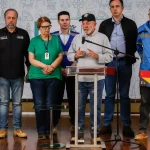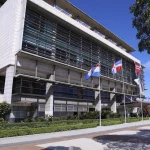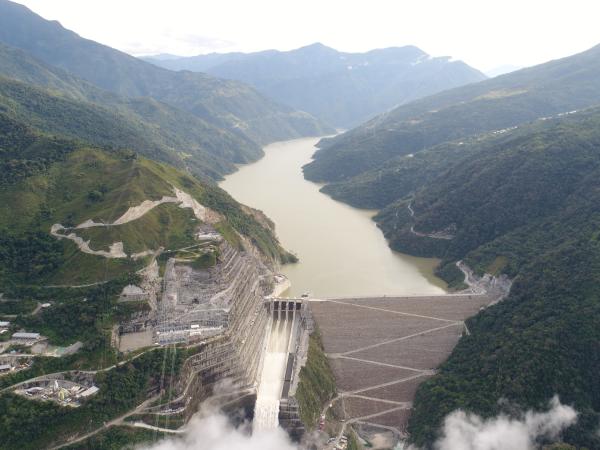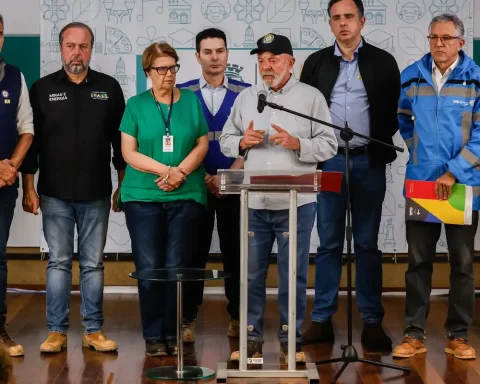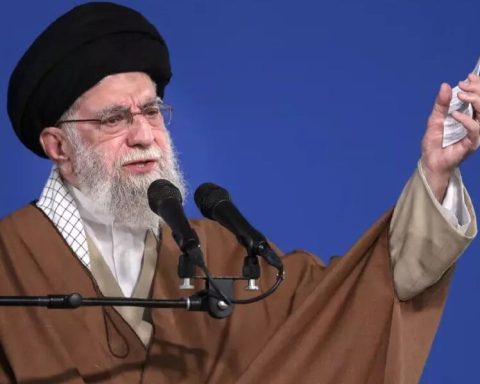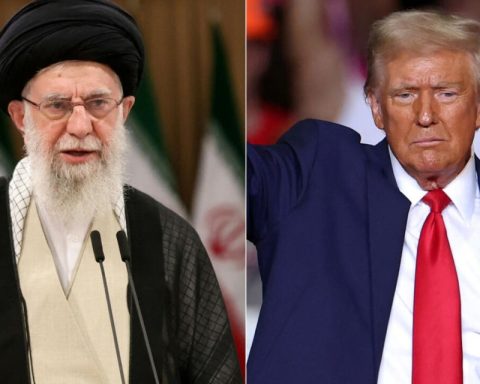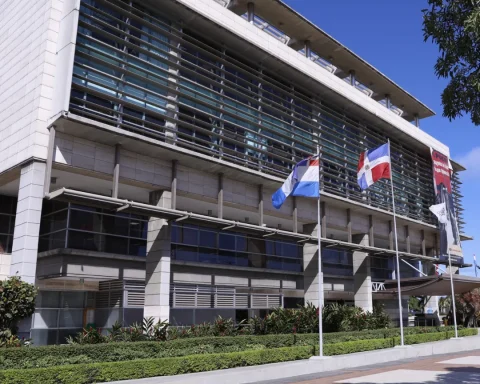White smoke came out. After almost 100 days, the different parliamentarians with representation in Congress untied all the knots that existed and finally reached an agreement to continue with the constituent process, as it had been settled after the triumph of the Rejection in the plebiscite to leave the 4th of September.
The main issue – and the one they were discussing for weeks, without success – was the composition of the body that will be in charge of drawing up the proposal for a new Constitution. In the ruling party, they initially sought one 100% elected by the citizens. in opposition, Meanwhile, they sought a mixed system: one half elected and the other made up of appointed experts. He finally preferred the latter option, after rapprochements achieved last week, despite criticism from the ruling party, including President Gabriel Boric.
In summary, there will be 50 democratically elected, it will be equal and will have proportional indigenous participation; while the committee of experts will be made up of 24 people (12 from the Chamber of Deputies and Deputies and 12 from the Senate).
The committee will prepare a non-binding draft proposal, since it will begin its work in January with main ideas on which the “Constitutional Council” will work, the name that the new body would have. The experts can have an influence in the end to harmonize the text, but they will not be able to veto it. The final text, meanwhile, will not have to go through congressional ratification.
“I cannot advance anything, but I can assure you that it will be a good process for Chile,” he told CNN Chile PPD deputy Raúl Soto, who confirmed the agreement.







